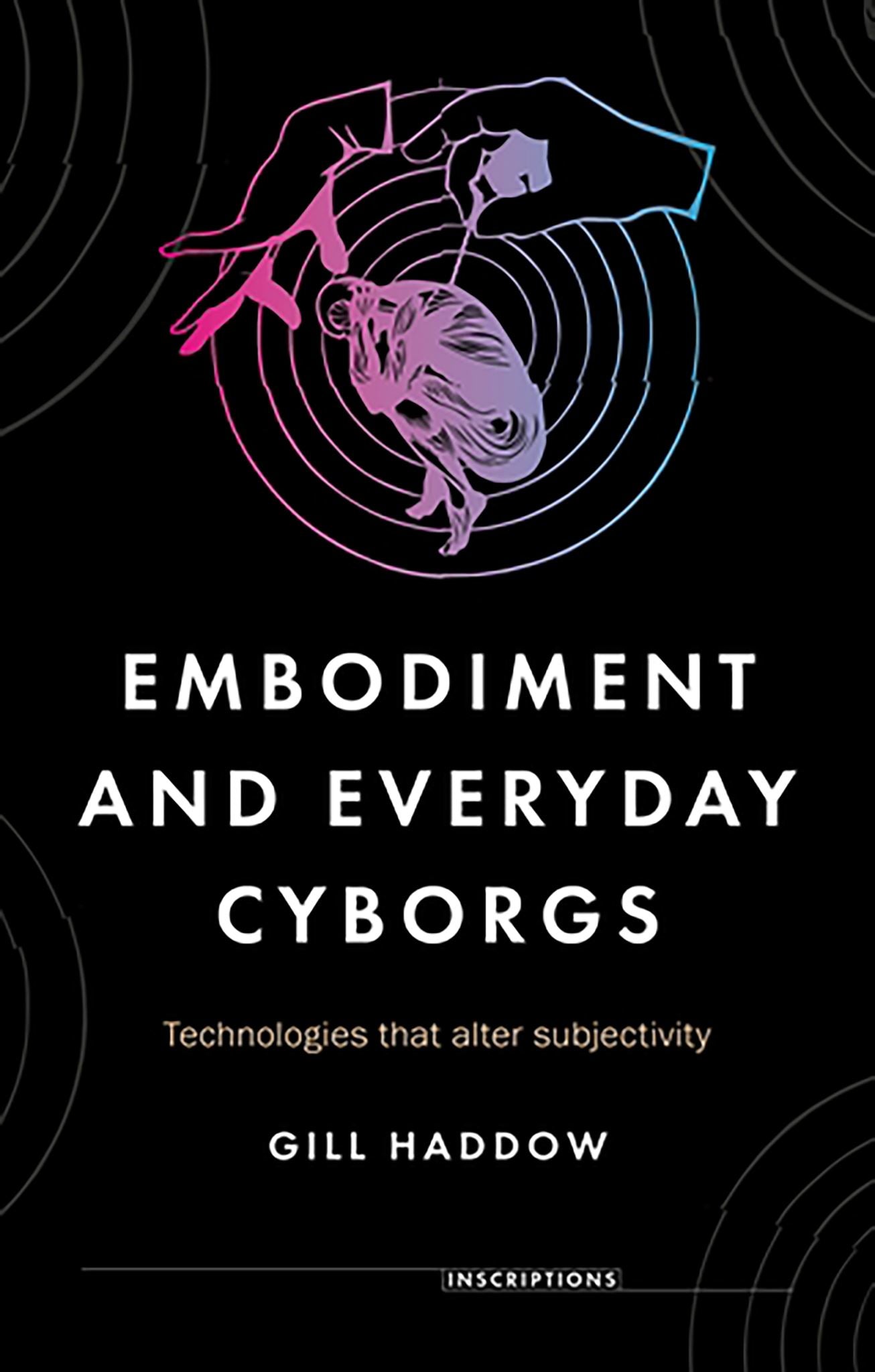Description
Condition: BRAND NEW
ISBN: 9781526114181
Year: 2021
Publisher: Manchester University Press
Description:
Implanting the human body with human/animal organs or implantable devices not only changes what you are but also changes who you are.
If you were in need of an organ transplant, would you prefer organs from other humans or non-human animals, or would you choose a 'cybernetic' medical implant? Using a range of social science methods and drawing on the sociology of the body, biomedicine and technology, this book asks whether alterations in subjectivity are reported from organ transplant recipients in cases of non-human animal transplants and implantable devices. Haddow interviews those who live with 'mechanical implants' in the form of 'implantable cardiac devices' in order to understand what changes, if any, had occurred. She concludes that the reliance on 'cybernetic' medical devices create 'everyday cyborgs' who can experience alienation from the mechanical implant at implantation and activation. Embodiment and everyday cyborgs invites readers to consider the relationship between personal identity and the body, between humans and non-human animals, and our increasing dependency on 'smart' implantable technology. The creation of new techno-organic hybrid bodies makes us acutely aware of our own bodies and how ambiguous the experience of embodiment actually is. It is only through understanding how modifications such as transplantation, amputation and implantation make our bodies a 'presence' to us, Haddow argues, that we realise our everyday experience of our bodies as an absence.
ISBN: 9781526114181
Year: 2021
Publisher: Manchester University Press
Description:
Implanting the human body with human/animal organs or implantable devices not only changes what you are but also changes who you are.
If you were in need of an organ transplant, would you prefer organs from other humans or non-human animals, or would you choose a 'cybernetic' medical implant? Using a range of social science methods and drawing on the sociology of the body, biomedicine and technology, this book asks whether alterations in subjectivity are reported from organ transplant recipients in cases of non-human animal transplants and implantable devices. Haddow interviews those who live with 'mechanical implants' in the form of 'implantable cardiac devices' in order to understand what changes, if any, had occurred. She concludes that the reliance on 'cybernetic' medical devices create 'everyday cyborgs' who can experience alienation from the mechanical implant at implantation and activation. Embodiment and everyday cyborgs invites readers to consider the relationship between personal identity and the body, between humans and non-human animals, and our increasing dependency on 'smart' implantable technology. The creation of new techno-organic hybrid bodies makes us acutely aware of our own bodies and how ambiguous the experience of embodiment actually is. It is only through understanding how modifications such as transplantation, amputation and implantation make our bodies a 'presence' to us, Haddow argues, that we realise our everyday experience of our bodies as an absence.

